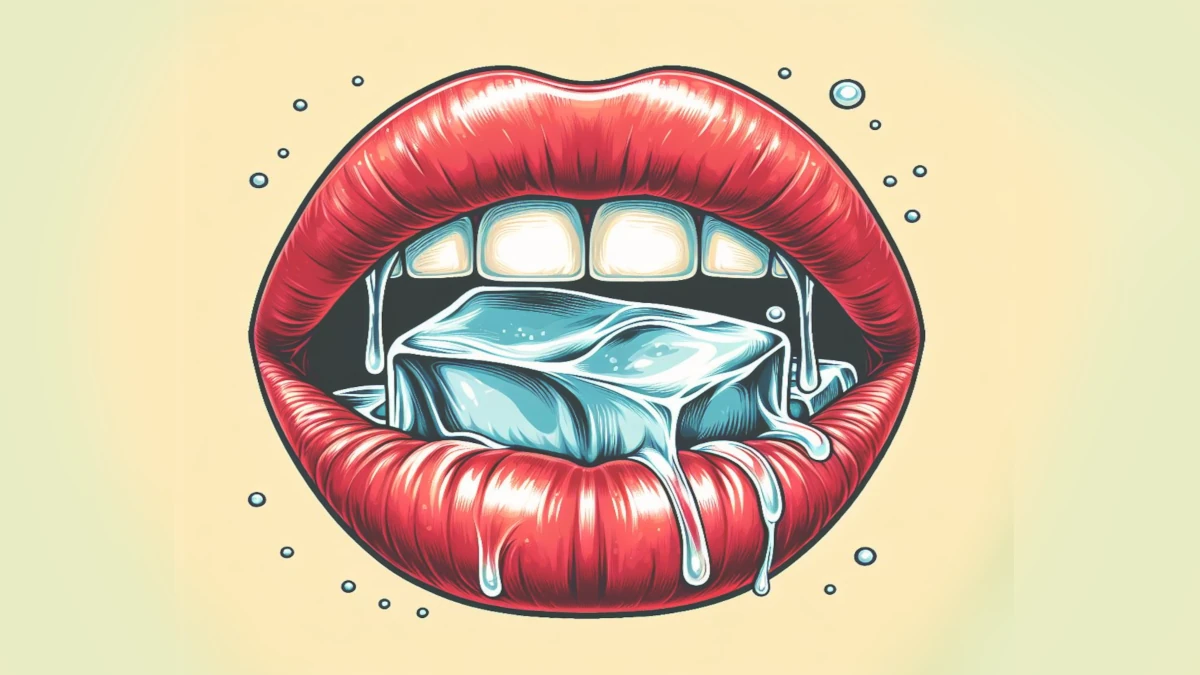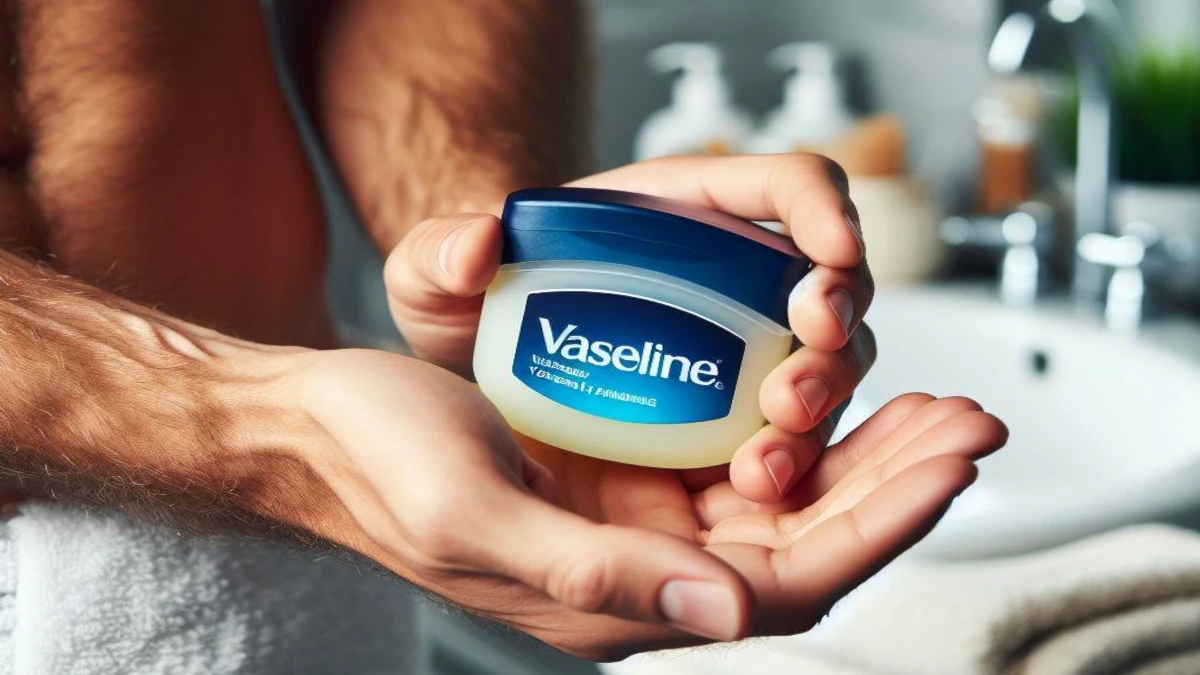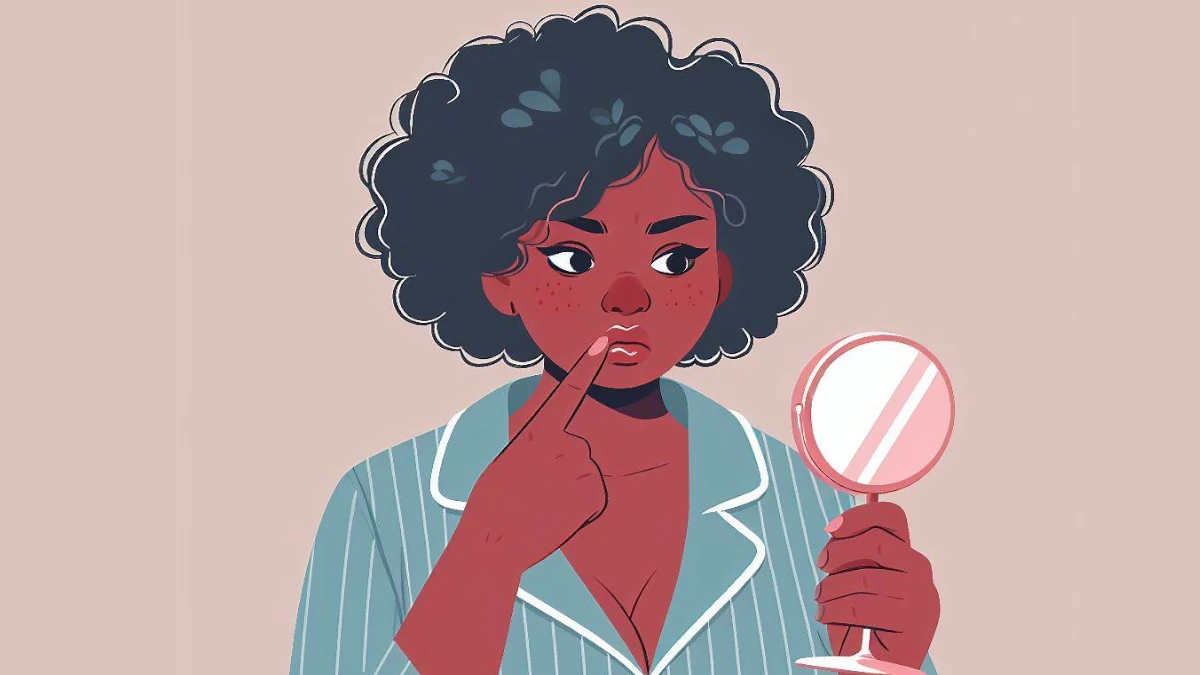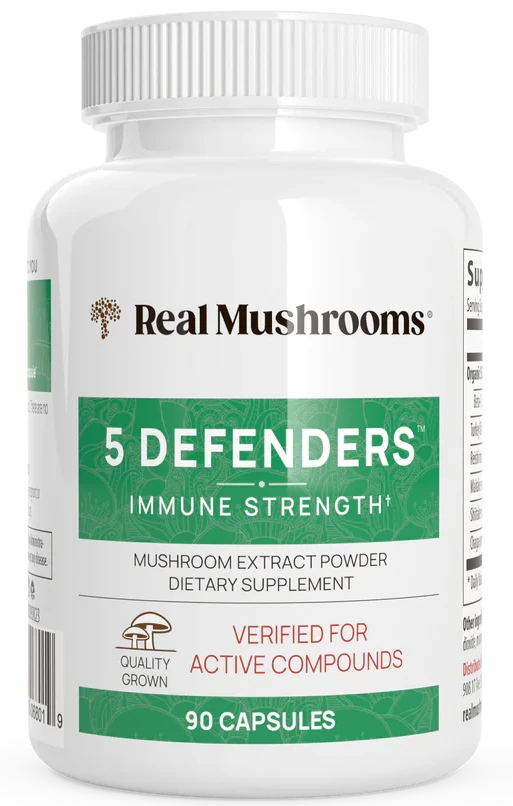5 Things To Avoid When You Have a Cold Sore
Cold sores, medically known as herpes labialis, are a common condition caused by the herpes simplex virus.
These small, fluid-filled blisters typically appear on or around the lips and can be painful, itchy, and unsightly.
Managing cold sores effectively involves a combination of lifestyle choices and proper care.
In this article, we will explore five crucial tips to help you navigate through a cold sore episode, minimize discomfort, and prevent the spread of the virus.
5 Things To Avoid When You Have a Cold Sore
1. Do Not Touch the Cold Sore
Refrain from touching the cold sore to prevent spreading the virus to other parts of your body or to other individuals.
It’s essential to maintain good hygiene, wash your hands frequently, and avoid touching the sore to prevent further irritation and potential spread.
When applying cream to the cold sore, instead of rubbing, dab the cream on gently.
It may be tempting to pop or pick at a cold sore, but this can lead to infection, scarring, and prolong the healing process.
It’s essential to allow the cold sore to heal naturally without interfering with the scabbing process.
2. Avoid Certain Foods
Foods rich in arginine, such as flaxseeds, chocolate, spinach, whole grains, almonds, peanuts, hazelnuts, and walnuts, should be avoided as they can exacerbate cold sores by promoting the replication of the herpes simplex virus.
Hot and spicy foods have the potential to irritate cold sores, so it’s advisable to opt for warm foods and reduce salt and spice consumption during an outbreak.
The same goes for acidic foods like citrus and raw tomatoes as these can make your cold sore worse.
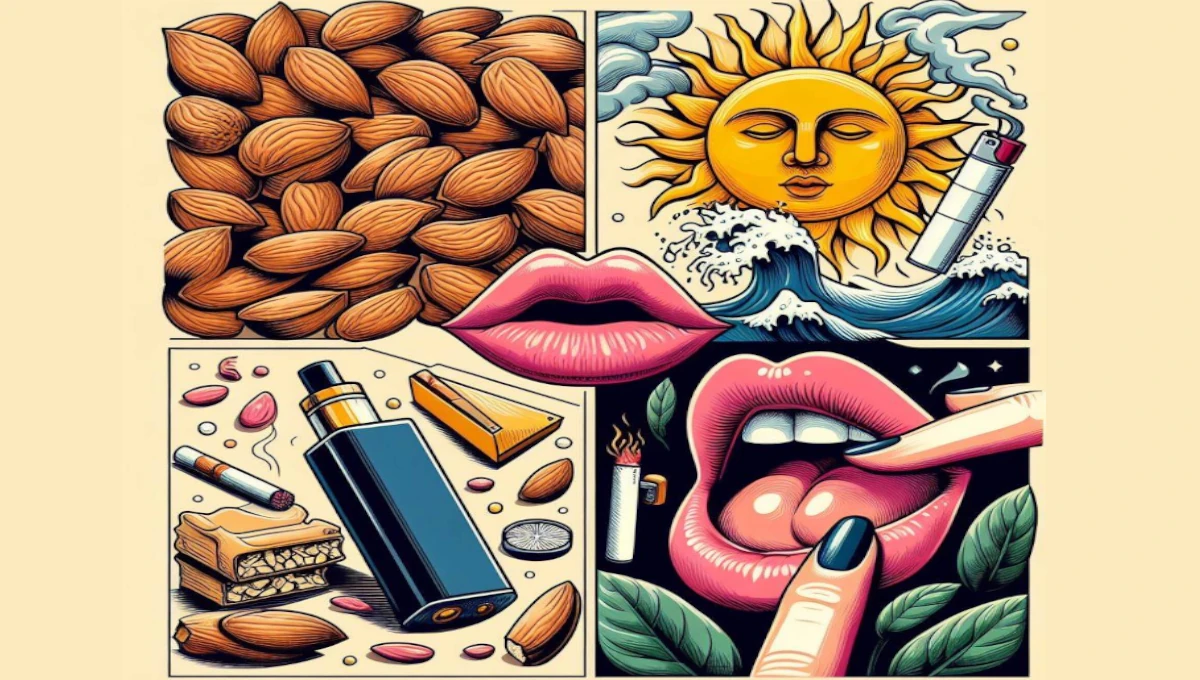
3. Limit Physical Contact
Avoid kissing or having oral sex until your cold sore has completely healed.
Cold sores are caused by the herpes simplex virus, which can be spread through oral sex or kissing.
During an outbreak, it’s essential to avoid performing oral sex or sharing kisses to prevent spreading the virus to others.
4. Do Not Share Personal Items
Cold sores are highly contagious, and sharing personal items like towels, lip balm, or utensils can easily spread the virus to others.
It’s crucial to avoid sharing these items during an outbreak to prevent transmission.
Don’t share utensils, hygiene products, or treatment products, as cold sores are highly contagious.
Do not share cigarettes or vapes or anything that gets in contact with your lips.
5. Protect Your Lips from the Sun
The sun can indeed trigger a cold sore outbreak due to the UV rays it emits.
These same UV rays responsible for sunburn can also lead to recurrent cold sore outbreaks.
To protect yourself from the sun and reduce the risk of cold sores, it is recommended to wear a lip balm with a SPF of 30 or higher.
Sunscreen’s effectiveness can be affected by various factors, such as wind, water, humidity, and altitude, so it is essential to reapply it frequently.
Even on cloudy days, UV rays can penetrate clouds and thick fog, making it necessary to practice sun-safe habits daily.
A lip balm or lip cream with lysine may also help as lysine can naturally fight the herpes virus.
If you do experience a cold sore outbreak from the sun, consider using Abreva, which can heal a cold sore in as few as 2½ days when used at the first sign.
Among OTC cold sore treatments, Abreva contains the only OTC ingredient approved by the FDA to shorten healing time and duration of symptoms.
